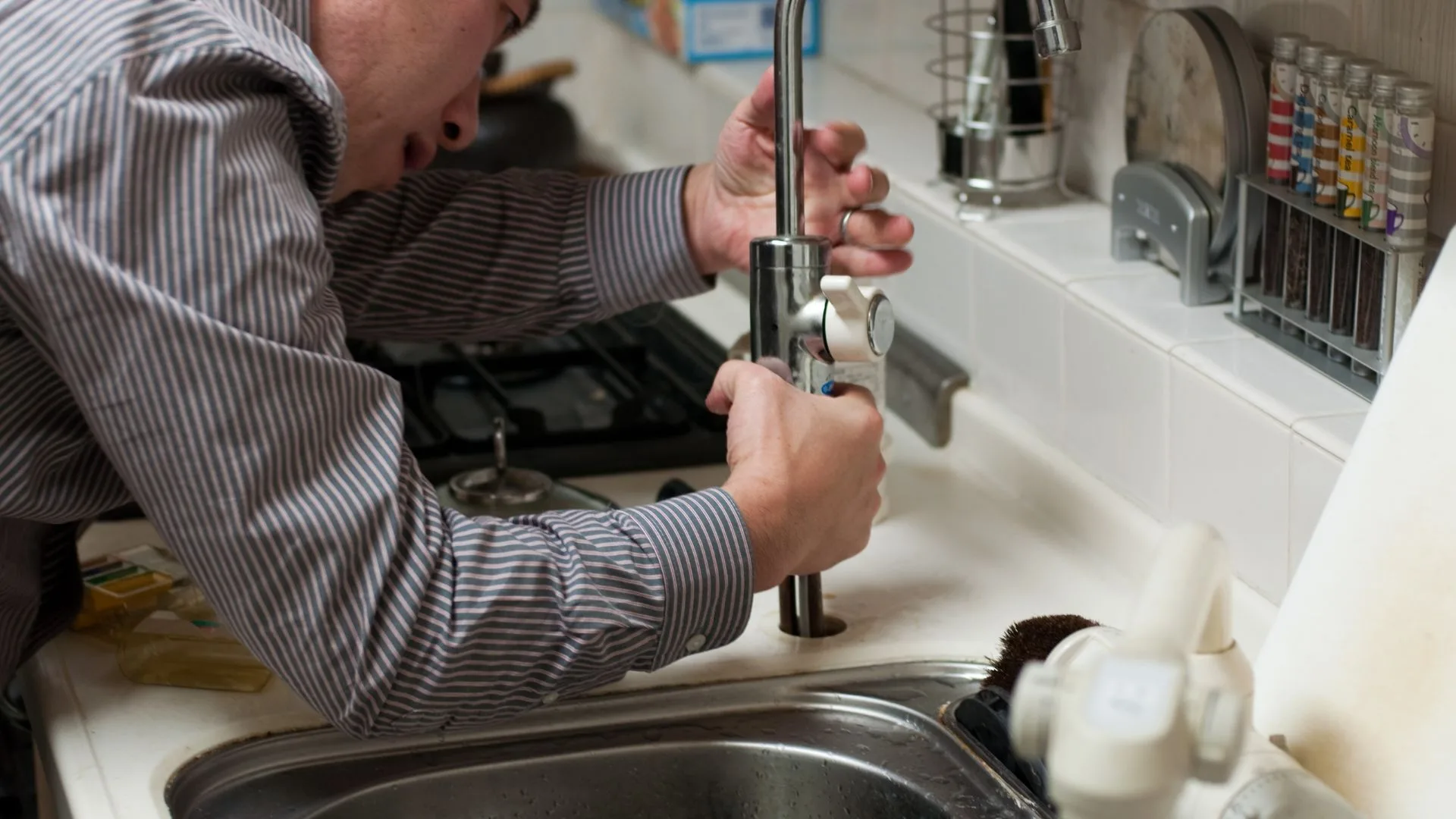Keeping your plumbing system properly maintained will save you from unexpected and costly repairs. The key to avoiding plumbing issues is regular inspections and preventative maintenance.
It is important to regularly inspect drains for signs of leaks. You should also ensure that everyone in your household understands what can and cannot be flushed down a toilet (like wipes, cotton swabs, hair and food waste). Regular drain cleaning with filters and natural cleaners can help to avoid clogs.
Check the Water Heater
Over time, your water heater can build up sediment that increases the risk of leaks and bad smells. To prevent this, regularly flush the water heater by hooking a hose up to the drain valve (usually a faucet-type valve that has threads for your garden
hose). Water and sediment will flow out of the tank and into your bucket. After you’re done, close the valve and use the water for something else to avoid waste.
Before you start working on the water heater, shut off power to it by flipping the switch in your electric service panel. Make sure the switch is completely off by testing each wire with a multimeter set to the ohms setting (the symbol for ohms looks like an upside-down horseshoe). Also, put on rubber gloves before you test the heating element. You’ll need to remove the metal panels and insulation covering each heating element, which are usually screwed into place.
Inspect the Water Pressure
For most homeowners, a sudden drop in water pressure is the most obvious clue that there might be an issue. Other clues include difficulty completing tasks like showering, washing clothes or doing dishes, and strange noises from the plumbing system.
An inexpensive way to test the water pressure is to buy a pressure gauge at the hardware store. Test it with all faucets and water-using appliances turned off to get an accurate reading. A typical household should have a water pressure of 30 to 80 psi.
Leaking pipes can cause low water pressure. A professional plumber can repair or replace the pipe to restore water flow.
A faulty water pressure regulator can also cause low water pressure. A licensed plumber can install a new pressure regulator to ensure a safe and steady flow of water to your home. Alternatively, you can invest in a water booster pump to increase your home’s water pressure.
Clean the Drains
A foul smell from a drain is often the first sign of trouble. Foul odors are a sign of organic materials that build up in the plumbing lines and clog drains. Clogged drains can cause water to back up into sinks, showers and toilets. This creates a health hazard and is a fire risk for any space where the water pools.
Bathroom and kitchen drains are at the highest risk of clogs because they transport the most water waste. This includes soap, hair, grease and food scraps. Avoiding flushing foreign objects down the drains can greatly reduce clogs. Keep a garbage bin nearby for disposing of anything that shouldn’t go in the toilet.
Regular drain cleaning with a mixture of baking soda and vinegar is another way to prevent blockages. Avoid chemical cleaners, which can cause damage to plumbing lines. The old method of pouring boiling water down the drain is also effective at breaking up greasy deposits and removing foul odors.
Schedule a Plumbing Inspection
A plumbing inspection is a cost-effective way to avoid unexpected plumbing problems and reduce repair costs. A plumber can help you with preventative maintenance, such as fixing leaks and insulating pipes.
In addition to scheduling regular inspections, there are several things homeowners can do on their own to keep their homes’ plumbing in good condition. For example, it is important to regularly check for leaks and flush foreign items such as toys, paper towels, and sanitary products to avoid blockages. It’s also a good idea to monitor the water meter and write down the reading; any increase in the meter reading can indicate a leak somewhere in the system.
Lastly, it’s important to know where the home’s main and individual shut-off valves are located and how to operate them in case of an emergency. Adding pipe insulation to cold areas of the house can also help to prevent frozen pipes. If you do require a plumber and have issues that require professional help, sites like https://www.fixitrightplumbing.com.au/plumber-geelong/blocked-drains-geelong/ have a lot of good plumbing resources available.
